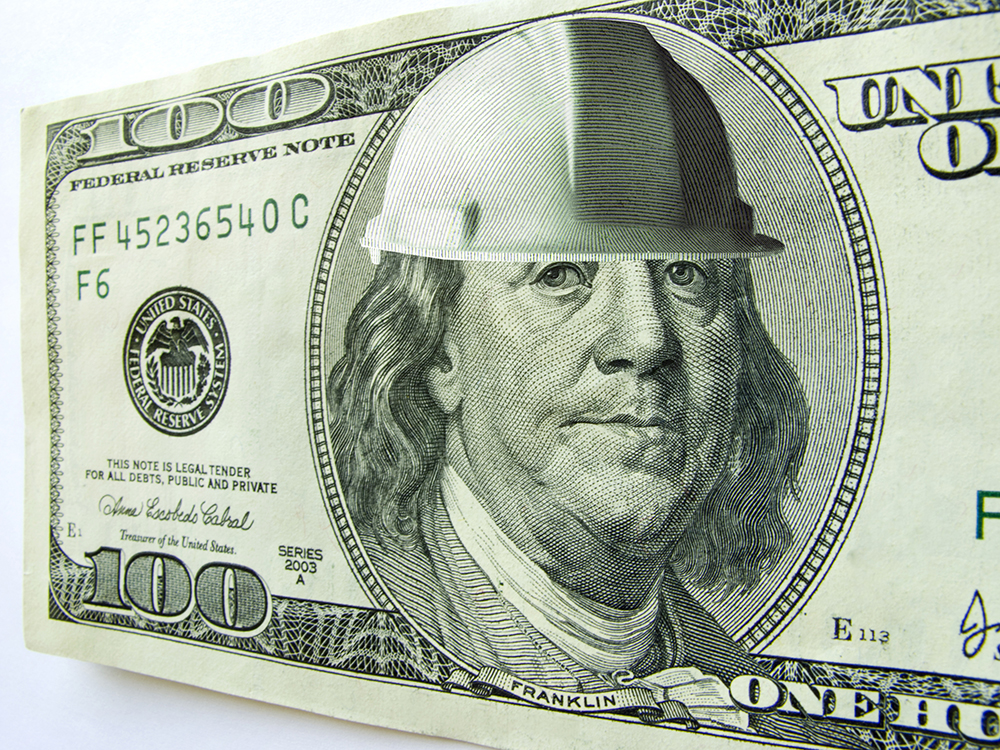Hard Money Mortgage Lenders Can Help Stop A Foreclosure
Foreclosure is a homeowner’s worst nightmare, especially if their family’s well-being is at stake. Unfortunately, they happen more often than you think. According to data collected by the Federal Deposit Insurance Corporation, 250,000 new families enter into foreclosure every three months. The good news is, hard money mortgage lenders can provide options to people facing the loss of their home.
Unlike transitional mortgage loans given out by banks, hard money lenders are typically private investors. Instead of looking at a borrower’s credit score and financial history, they use the value of the property as collateral against the loan. This makes the approval process both easier and quicker.
In short, a hard money loan gives a homeowner the ability to pay off a mortgage and refinance or enter into a short sale, which are both better options than a foreclosure. To get a better idea whether this type of loan is right for you, let’s look at some situations that lead to foreclose and how hard money mortgage lenders can help.
Understanding Foreclosure
A foreclosure happens when a lender forces the sale of a home after the borrower fails to make monthly payments. The money acquired in the sale will go towards repaying the mortgage. This is a legal process that puts the borrower at a huge disadvantage
Most of the time, foreclosures result when a family experiences an unexpected setback. Job loss, medical bills, divorce, and overwhelming credit card debt are some of the most common reasons for homeowners to default on mortgage payments. Although lenders will often work with you if you’re having trouble, you won’t have much time to get current.
J.P. Morgan saw the positive side of foreclosure when he said, “Giving debt relief to people who really need it, that’s what foreclosure is.” Unfortunately, there are a number of consequences associated with having your home foreclosed on. Some of the most damaging include:
- The loss of your home along with equity you’ve built up.
- Damage to your credit score.
- You may still owe a balance, even after the foreclosure goes through.
- The inability to acquire a mortgage or qualify for property leasing in the future.
These repercussions make it obvious why preventing foreclosure is absolutely necessary. However, when you’re already facing so many financial problems, where do you turn? This is where working with hard money mortgage lenders can be a great benefit.
How a Hard Money Lender Can Help Stop a Foreclosure
Many people opt for taking out a second mortgage or getting a home equity line of credit when they run into trouble with their original mortgage. However, if you already have poor credit, this isn’t an option.
By applying for a hard money loan, you’ll get quick cash without having your credit and financial situation scrutinized. Hard money mortgage lenders look at the property value of your home along with the current market and use this as collateral. They don’t care about your credit score.
Now, one disadvantage of a hard money loan is you’ll only get a percentage of the total value of your home. However, if you use the money properly, you’ll come out on top. For instance, you could pay off the delinquent amount you owe on your existing mortgage and then some. Or, you could opt to use the hard money loan to pay off debt or renovate your home in preparation for a short sale.
In addition to not having to worry about your credit score, the approval process is very fast when working with hard money mortgage lenders. The traditional bank loan process is much more complex, which may not work if you need money right away.
Find Out if a Hard Money Loan is Right for You
It’s important to understand that hard money loans are meant for short-term solutions and typically carry higher interest rates than traditional loans. Think of them as recovery loans. However, when facing foreclosure, they can be extremely effective tools for opening up opportunities.
These types of loans have become very popular in recent years due to the freedom they provide homeowners facing foreclosure. Speak to a hard money mortgage lender and find out what type of interest rates and repayment terms they can offer. There’s a good chance you’ll get the peace of mind you need during trying times.
Resources:
https://www.fdic.gov/about/comein/files/foreclosure_statistics.pdf









